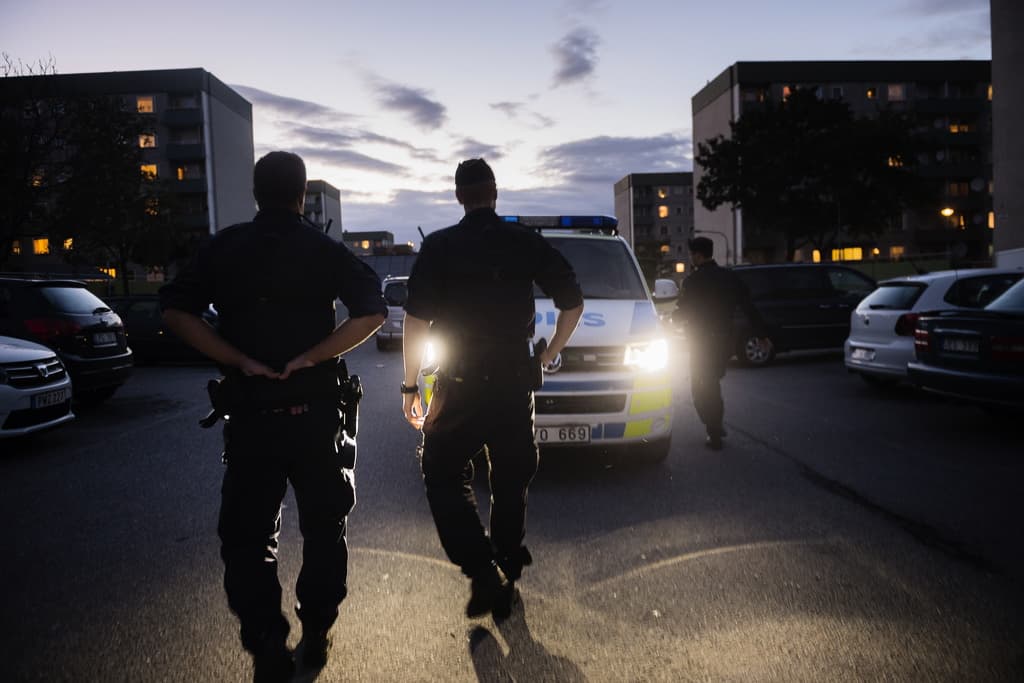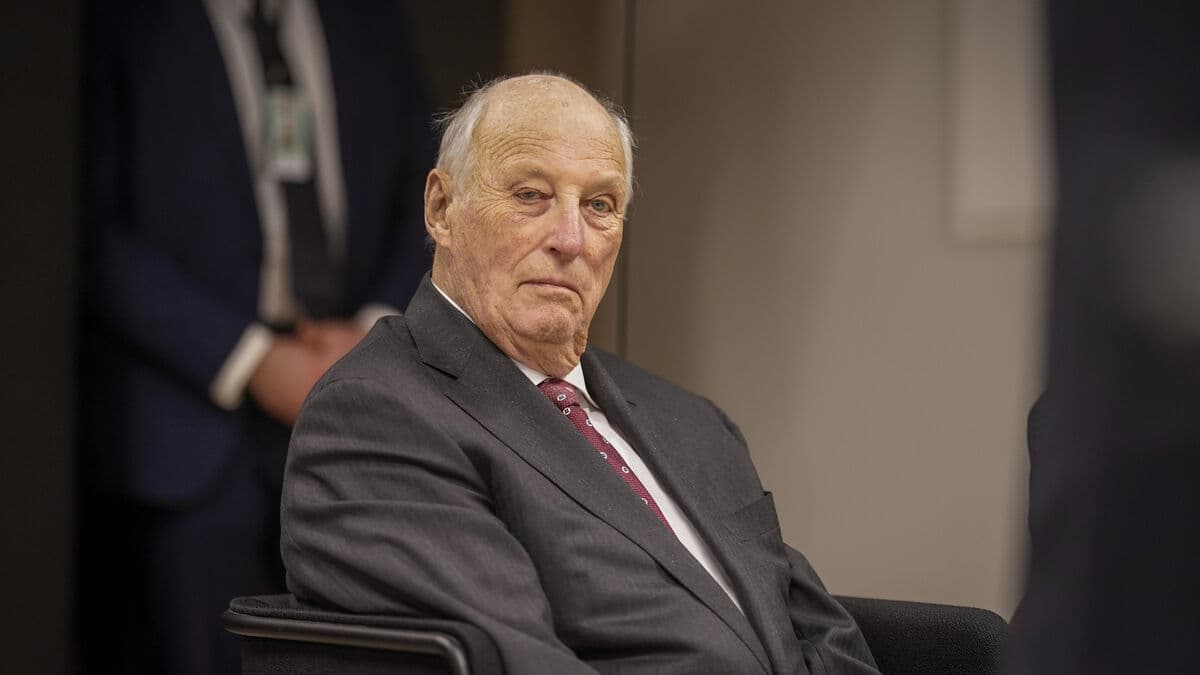The number of dead and injured in shootings is at its lowest level so far this year since 2018.
One should be cautious about talking about a turnaround, but it looks significantly better, says National Police Commissioner Petra Lundh.
So far this year, 17 people have been killed in shootings and 22 injured, according to the police's latest figures.
We have statistics that go back to 2018 and we have not had such low figures during that period, says Petra Lundh.
Something we're doing right.
Lundh says that the police are close to the criminal environments and try to act before something happens. Since the beginning of 2023, the police have prevented at least 200 serious violent crimes in the form of shootings and explosions, she claims.
We also know that each of them often generates revenge shootings or explosions, so it's probably many more.
"Bubbles under the surface"
The figure is difficult to scrutinize. People who the police catch on their way out on a murder mission may not be convicted of preparation for murder, but "only" for weapons offenses.
But it still means that a shooting never takes place, says Lundh.
We also see that explosions have decreased, on the other hand, attempts and preparations have increased a lot, which means that we have managed to prevent real explosions.
The explanation lies in the fact that the police themselves have changed their working method, but also that they have received a number of new tools from politicians. Lundh mentions, among other things, the possibility of wiretapping gang criminals in a preventive manner.
We have pushed back the development. But it's still the case that it's always bubbling under the surface and it can erupt.
Reduced sentence reduction
A worrying trend is the young perpetrators. Last year, 25 percent of those who carried out shootings and explosions were between 15 and 18 years old – this year, the proportion is 50 percent, according to Lundh.
It has escalated. Many we stop, but then they may have weapons on them on their way out on a mission.
Recently, the government's investigators proposed that the sentence reduction for 15-17-year-olds should be reduced. Petra Lundh believes it is necessary.
We have seen how 15-year-olds have received 20 percent of the sentence they would have received otherwise.
Above all, it's about getting the young perpetrators off the streets, she says.
Even if they are young, it's serious criminals we're talking about. Then we should do the absolute best when we have them inside.
Will reduced sentence reduction stop the young killers or will they just get even younger?
It's hard to say, but somewhere there's a limit. If you have very young people, they can't handle weapons. But it's difficult to weigh exactly where the age limit goes.






